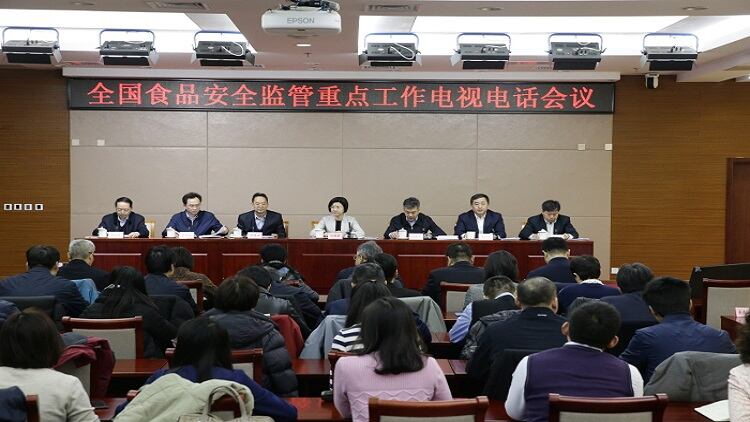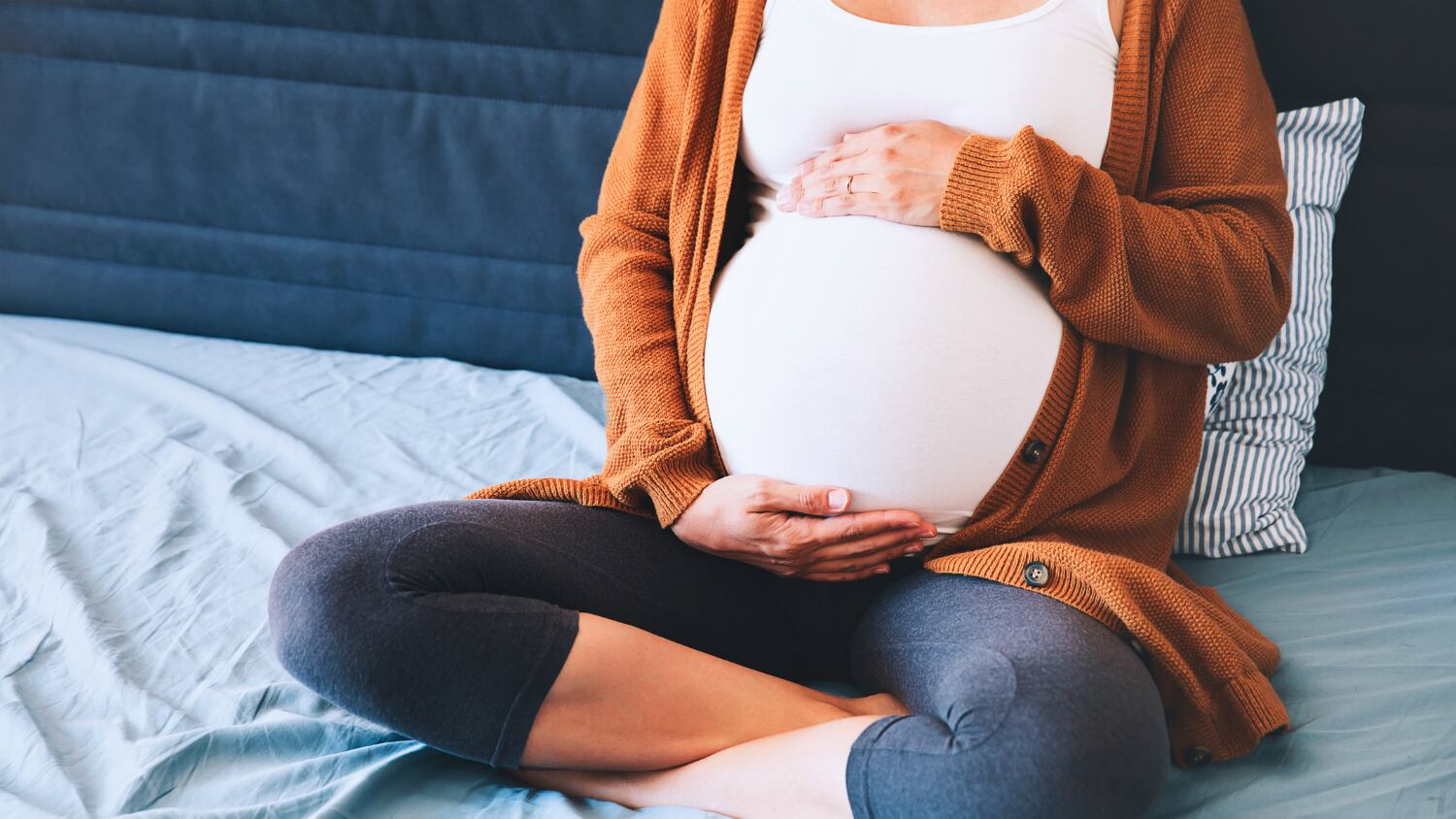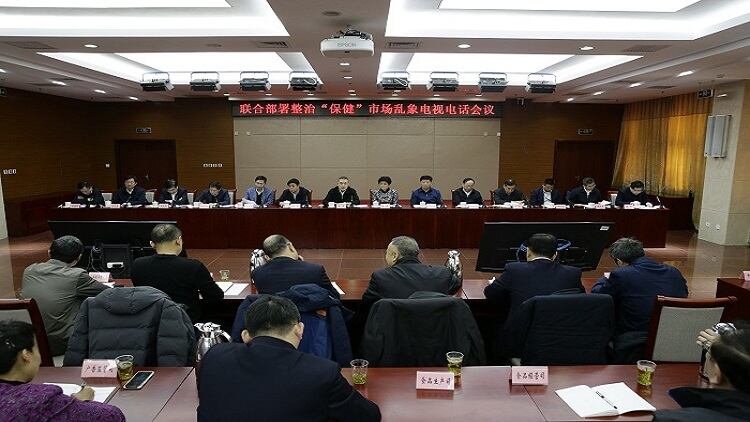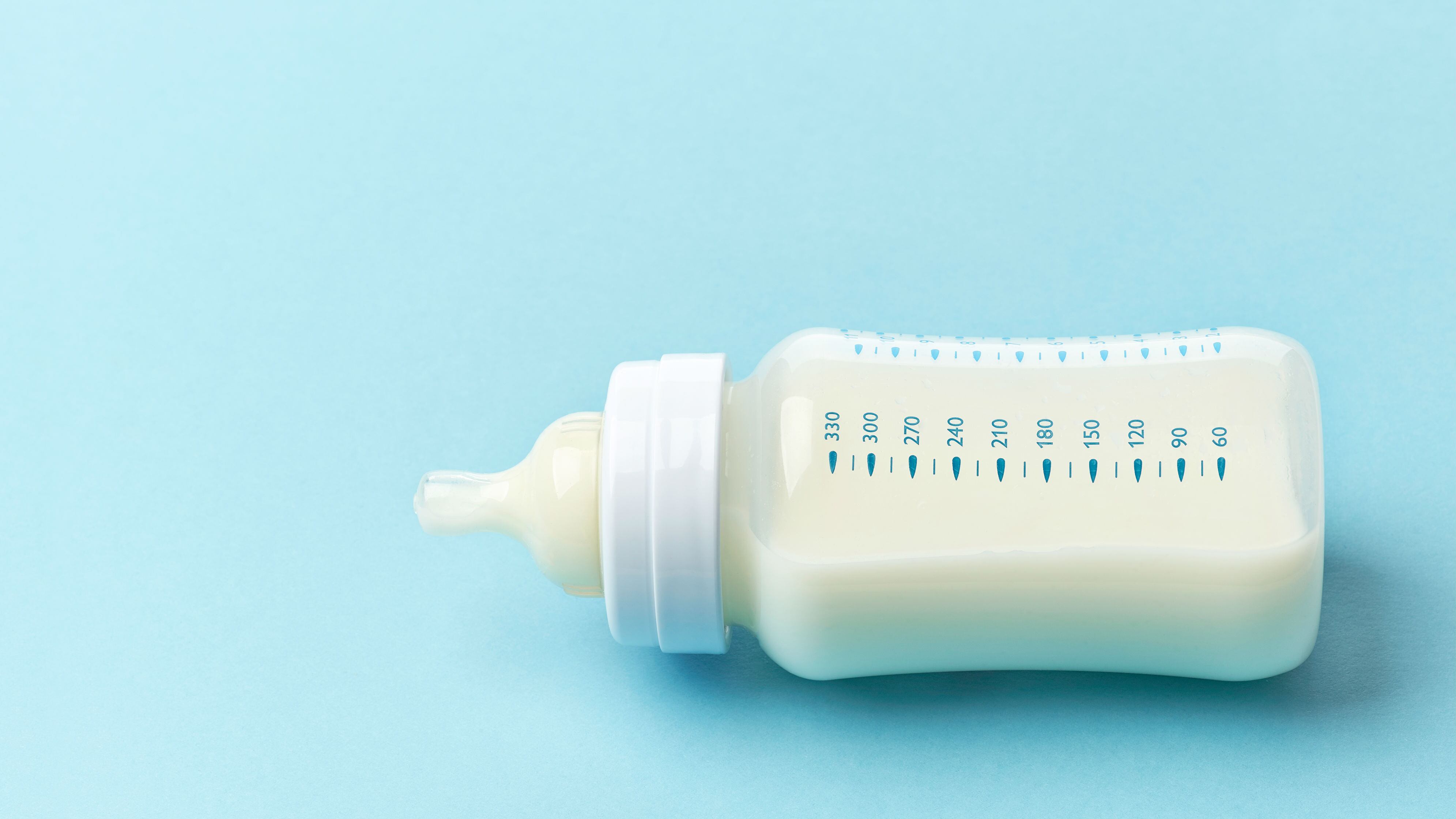The decision to do so was brought up during a TV and phone conference conducted by the State Administration for Market Regulation (SAMR) last week.
The SAMR said there was a need to distinguish the differences between health foods, general foods, and medicines, local media Beijing Youth Daily reported.
For instance, there are intentions to place key phrases such as “health foods do not possess the ability to prevent and treat illnesses” and “this product cannot be used in place of medicines,” on the product labels.
The SAMR will thus examine the existing labelling system of cigarette products as a guide on how to revamp the product labelling of health foods.
Topmost priority
This year, health foods and school canteen foods will be the “topmost priority” of SAMR’s attempt in enhancing food quality and safety standards.
Other food related industry sectors, such as major manufacturers, basic food commodities, infant formula powder, food outlet services, and rural markets are also key areas of focus.
“The conference stressed that food safety monitoring system should be at its strictest,” the SAMR said in a press statement.
The SAMR also earlier announced the start of a “100 day operation” to clean up China’s health food market.
Involving 13 government units, the operation will focus on stemming fake advertisements, the manufacturing and selling of counterfeits, and other illegal and deceiving actions that disrupt market order.
Public and media involvement encouraged
The SAMR is encouraging whistle-blowing, public and media involvement in exposing crimes related to the food industry.
“To tap on social surveillance and public discussion, to encourage internal personnel with the (relevant) knowledge to whistle-blow, to encourage media reporters to provide leads to crimes, (in order to) expose enterprises involved in illegal activities,” the SAMR said.
In addition, it will introduce heavier punishments, such as heavy fines, to deter crimes.
The regulator added that it had worked on issues that the public was concerned with and had maintained food safety at a stable level last year.
However, there was still a gap between the results achieved and the public’s expectations, and that “there are still areas where citizens and public are still dissatisfied with.”
As such, it stressed the need to see food safety as a “major political duty” that should be “strictly upheld” via the aforementioned methods.
“To put in more effort in solving outstanding food safety issues, to prevent and remove major risks, (so that) citizens will worry less, and be more assured, in accordance to General Secretary Xi Jinping’s demand in (implementing) the ‘four strictest’ (standards) of food safety.”





